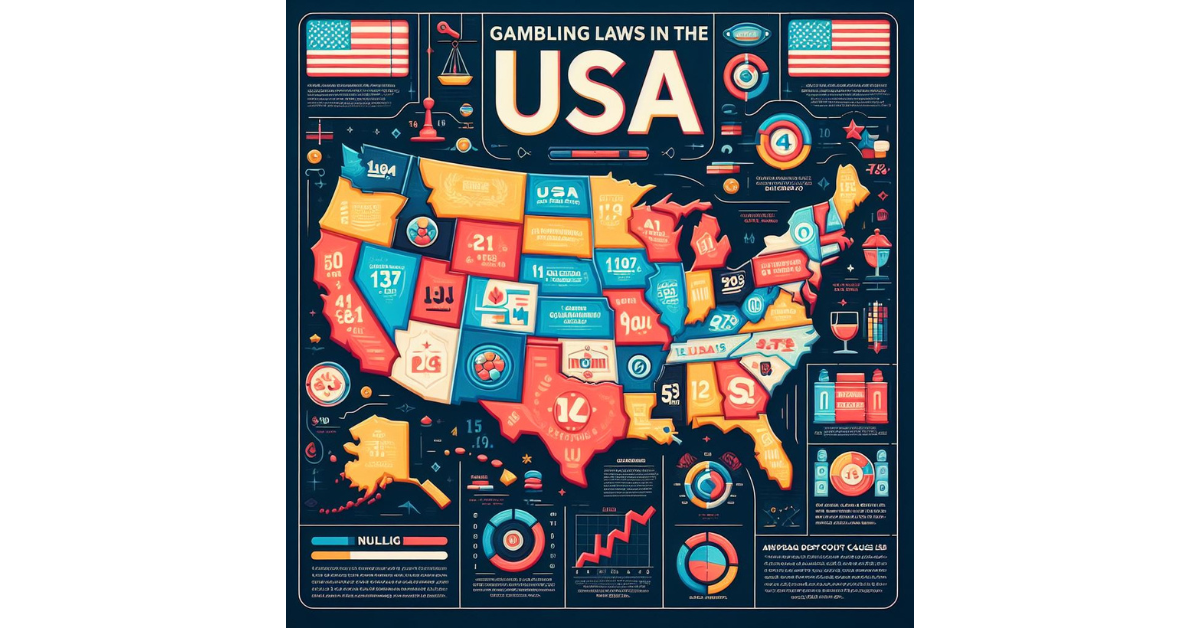Legal Framework of Betting in the USA
Betting in the USA is governed by a complex legal framework, with regulations varying between states. While some states allow various forms of betting such as horse racing, casinos, and lotteries, others have more restrictive laws prohibiting all forms of gambling. The interpretation and enforcement of these laws are further complicated by the influence of federal legislation and the evolving attitudes towards betting across the country.
The legal landscape of betting in the USA is primarily shaped by the interplay between state and federal laws. The Supreme Court decision in Murphy v. NCAA in 2018 struck down the Professional and Amateur Sports Protection Act (PASPA), allowing states to legalize sports betting if they choose to do so. This landmark ruling has opened the door for a wave of legislative activity at the state level, leading to an expansion of legal betting options across the country.
History of Betting Laws in the USA
The history of betting laws in the USA dates back to the early days of the nation. Gambling was a common activity in the American colonies, with lotteries used as a way to raise funds for public projects. However, by the early 20th century, there was a rising concern over the negative social impacts of gambling, leading to the introduction of laws restricting betting activities.
As the United States expanded westward, gambling continued to be prevalent, particularly in frontier towns where saloons and gambling houses thrived. The rise of organized crime during the Prohibition era further fueled calls for tighter regulations on betting. In response, the federal government implemented laws such as the Interstate Wire Act of 1961 and the Professional and Amateur Sports Protection Act of 1992 to curb illegal gambling activities and protect the integrity of sports competitions.
Types of Legal Betting in the USA
In the United States, legal betting comes in various forms across different states. One of the most popular types of legal betting is horse racing. This traditional form of betting allows individuals to place wagers on horse races at designated tracks or through online platforms licensed by the state.
Another common form of legal betting in the USA is sports betting. With the legalization of sports betting in several states, individuals can now place bets on their favorite sports teams and events. This type of betting is regulated by state laws and is available both at physical sportsbooks and through online sports betting platforms.
Regulation of Online Betting in the USA
Online betting in the USA is regulated at both the federal and state levels. The Federal Wire Act of 1961 prohibits the use of wire communications to place bets, making online sports betting illegal across state lines. However, the interpretation of this law has evolved over time, leading to some states legalizing and regulating online sports betting within their borders.
In 2018, the Supreme Court decision in Murphy v. NCAA paved the way for states to legalize sports betting. Since then, many states have passed legislation to regulate online sports betting, with each state having its own set of rules and regulations. This patchwork of state laws has created a complex landscape for online betting operators to navigate, with some states allowing online sports betting, while others only permit in-person wagering at designated locations.
Impact of Federal Laws on Betting in the USA
Federal laws play a significant role in shaping the betting landscape in the USA. The introduction of the Professional and Amateur Sports Protection Act (PASPA) in 1992 had a major impact on sports betting across the country. PASPA effectively prohibited states from legalizing sports betting, with only a few exceptions such as Nevada.
In 2018, the Supreme Court struck down PASPA in the Murphy v. NCAA case, opening the door for individual states to legalize sports betting. This decision gave states more autonomy in determining their own betting laws and regulations. Since then, many states have moved to legalize and regulate sports betting, leading to a notable increase in the availability of legal betting options for consumers.















